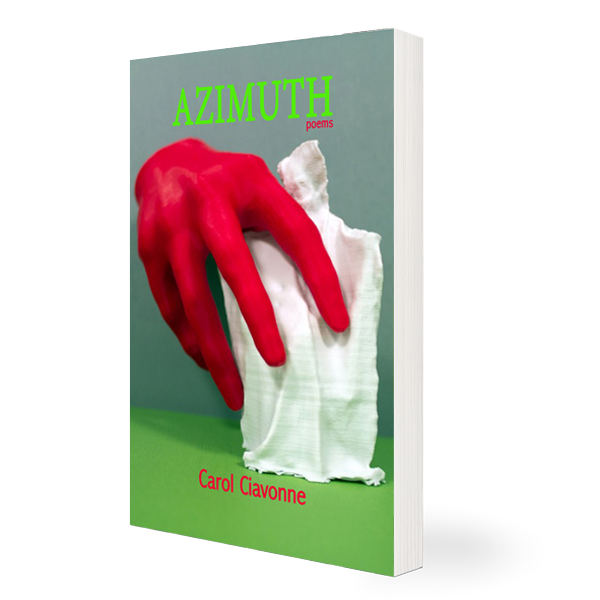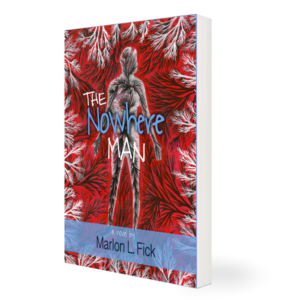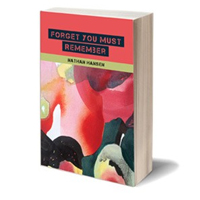ABOUT THE BOOK
The author likens the work to painting and collage, with the hoped-for effect similar to the feeling when one views an abstract but lyrical piece that will excite or move the viewer. Much of the work concerns itself with the questions common to poetry: the nature of being in the world and what we call our spirit.
PRAISE FOR AZIMUTH
“If there is a little extra light at the edge of seeing, it is surely captured by these diversiform universes. ‘Azimuth’ is illumined and illuminated by its relationship to the art and philosophy of the Italian Renaissance; a keen chiaroscuro suffuses these poems, creating marvelous contrasts of celebration and sadness. ‘A light diffused makes the darkness stronger,’ writes Ciavonne, and ‘fire is brightest at the top of the tongue’.”
—D. A. Powell
Via poems that take place at the partial vantage point of Azimuth, Quadrant and Meridian, the poet makes camp in the foreign, where “to recognize and to be a stranger” find shared roots. Azimuth takes direction from fire, which demonstrates “how to go forward /thinking of/ burning as a direction…” Accompanied by theologians she loves but cannot believe, Ciavonne’s urgent quest explores the physics of human separation, a separation, remarkably, which gives us insight to the condition of God,“ if god is an opening, if god is a divine withdrawal.”
—Claudia Keelan







